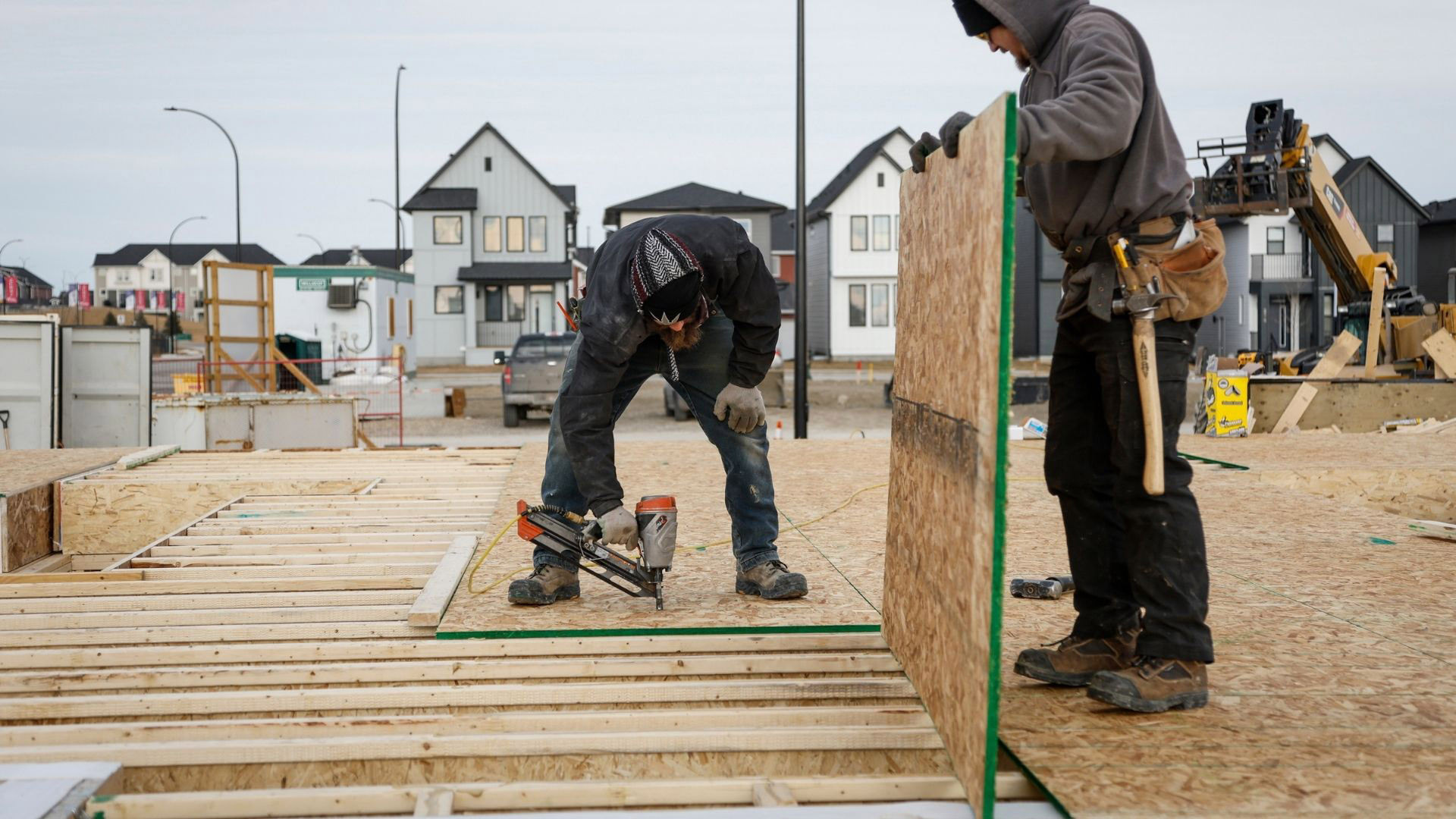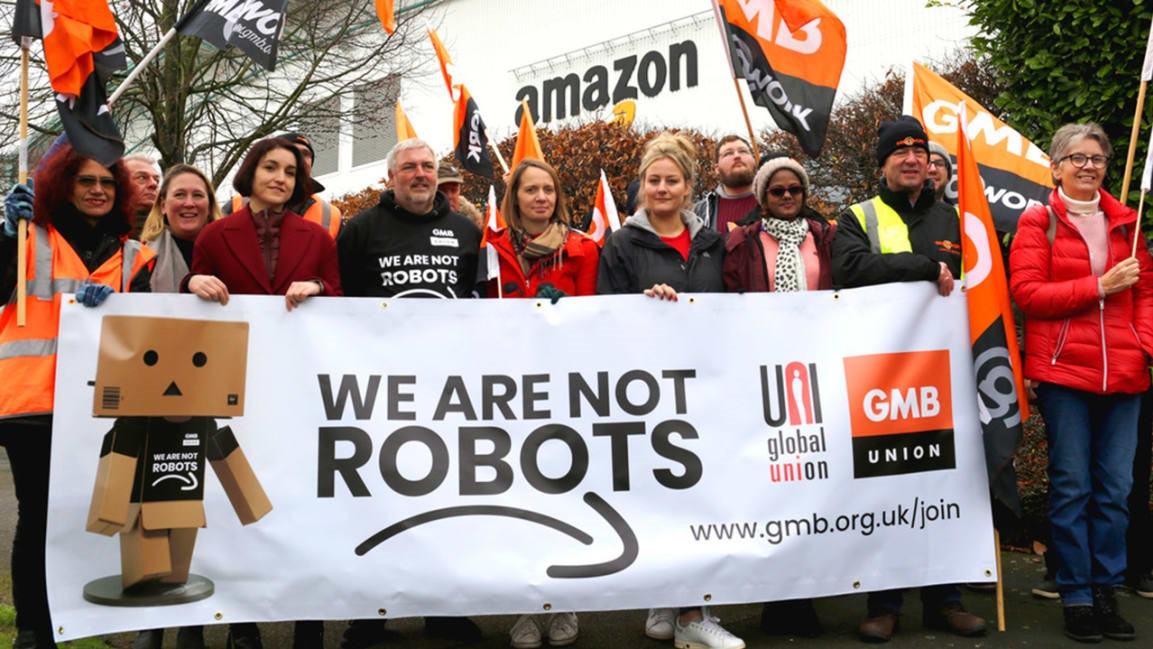MTN Nigeria Data Price Hike Sparks Outrage
Nigerians are expressing widespread outrage over significant increases in mobile data prices imposed by major network providers, with MTN – Nigeria's largest operator – leading the charge. The increases, implemented without much warning, have added fuel to the fire of an already volatile economic climate. The cost-of-living crisis in Nigeria has reached alarming levels, with inflation rates not seen in three decades. This price jump has exacerbated the financial struggles faced by many.
The Scale of the Price Increases
The extent of the price increases varies across different data plans. However, one of the most criticized increases involves MTN's popular 15GB weekly bundle. This bundle, previously priced at 2,000 naira ($1.33; £1.08), has tripled in cost, now standing at 6,000 naira ($3.99). Similar increases have been reported for other data plans, with some bundles more than doubling in price. For instance, MTN's 1GB bundle has more than doubled and Airtel has trebled the cost of a similar offer. Subscribers only recently became aware of these changes when attempting to purchase data.
MTN's Justification and Customer Reaction
MTN has attempted to justify the price increases by stating that they are necessary to enhance services and better serve subscribers. The company has issued an apology for any inconvenience caused. However, this explanation has failed to appease many customers who have taken to social media to vent their frustrations. Comments on platforms like X (formerly Twitter) express anger and concern, with many voicing fears that these increases will cut off access for many Nigerians during a time of immense economic turmoil.
The Broader Economic Context
The price hikes occur against the backdrop of Nigeria's worsening economic situation. The country is experiencing its most severe economic crisis in a generation, characterized by rampant inflation exacerbated by the removal of fuel subsidies and currency devaluation in 2023. While these measures were intended to restore long-term economic stability, they have resulted in immediate hardship for countless Nigerians. The rising cost of essential goods and services, coupled with these data price increases, places a tremendous strain on already stretched household budgets. Any further price increase adds to the difficulty faced by many in making ends meet.
Impact on Businesses
The impact extends beyond individual consumers. Digital content creator Mubarak Uniquepikin highlights the significant consequences for businesses that rely heavily on internet access. Many small businesses, already struggling to secure affordable storefronts, have migrated online, making internet access crucial for their survival. The steep price increases threaten the viability of these businesses and further hinder economic growth in an already fragile economy. The economy is already weak and this new change will harm many struggling young people who rely on the internet for their business and social needs.
Regulatory Response and Industry Outlook
The Nigerian Communications Commission (NCC), the regulatory body for telecom companies, approved a 50% tariff increase in January 2025. However, many of the actual price increases appear to exceed this cap. This discrepancy has yet to be addressed by the NCC, which is facing pressure to intervene. The telecoms industry itself is arguing that the increase is needed to offset their own rising costs, and losses due to factors like forex issues. Airtel is yet to comment publicly on the price increases, whilst the BBC has contacted them for more information. The NCC has yet to react to the price rises, which in some cases appear to exceed the cap that it had recommended. Industry analysts, such as Ernest Akinlola, while acknowledging the need for price adjustments, express concern about the sufficiency of the increase and its potential impact on the industry's long-term sustainability.
The Future of Connectivity in Nigeria
The situation underscores the complex interplay between economic policy, regulatory oversight, and the provision of essential services. The massive data price increase and resulting public outcry highlight the urgent need for a more comprehensive approach that addresses both the needs of telecom companies and the affordability concerns of Nigerian consumers. Finding a balance between ensuring the viability of the telecom sector and protecting the accessibility of vital digital services is a critical challenge for Nigeria. The government must address the significant rise in inflation that has been fueled by rising fuel costs and the weakening of the Naira.
While the future remains uncertain, one thing is clear: the recent data price hike will undoubtedly have profound and lasting effects on the lives and livelihoods of many Nigerians. The debate over the fairness and sustainability of these increases will likely continue for some time to come. This event will affect millions of people in a country that is already struggling with a variety of major challenges.


















